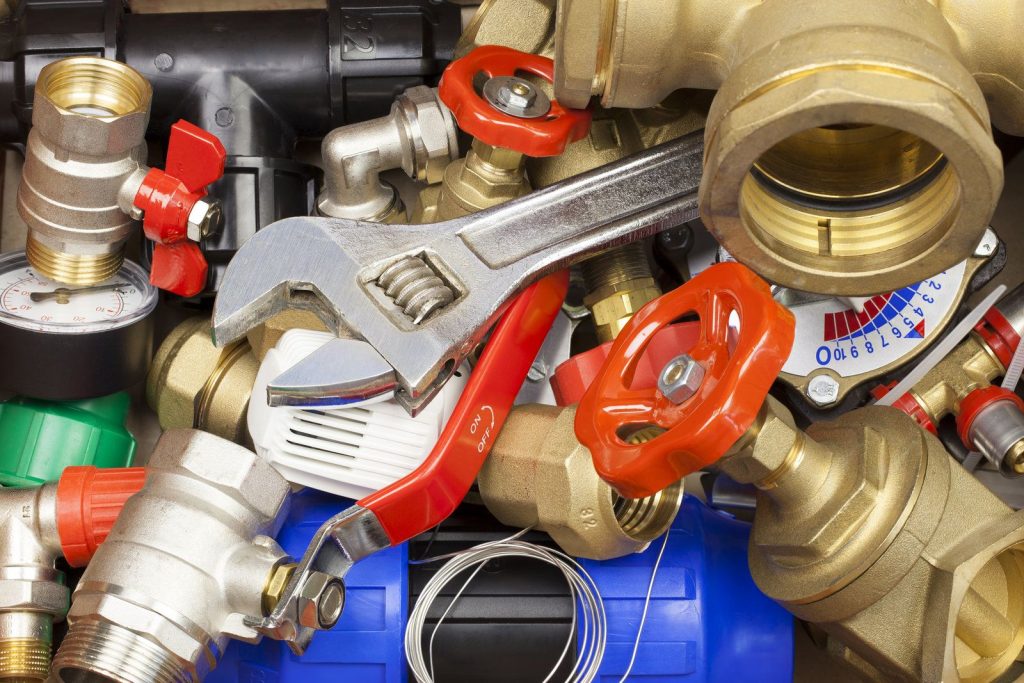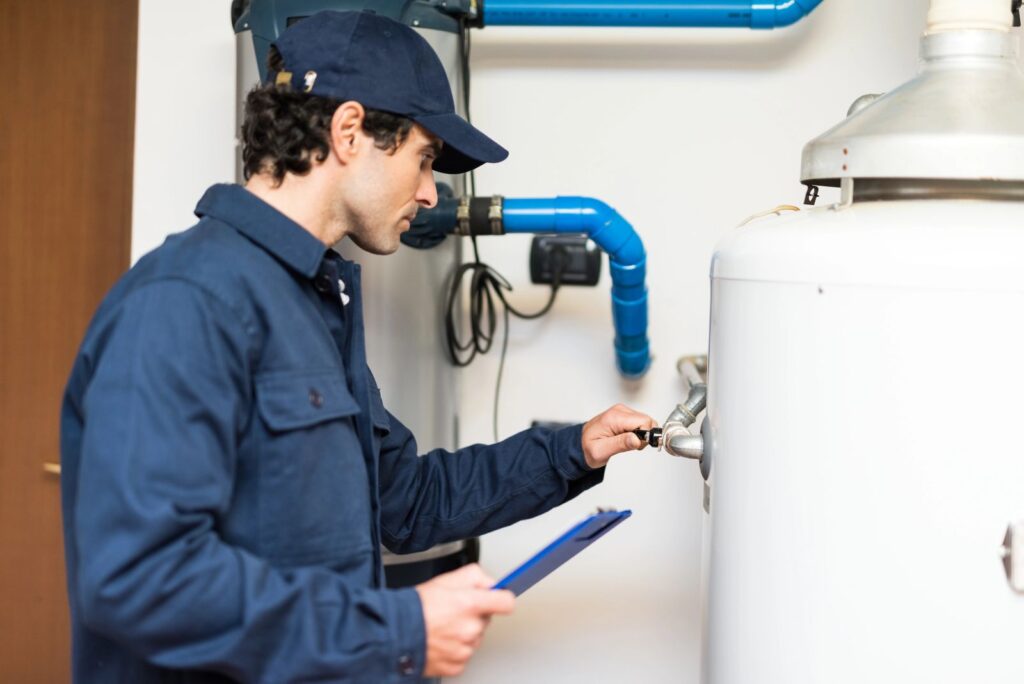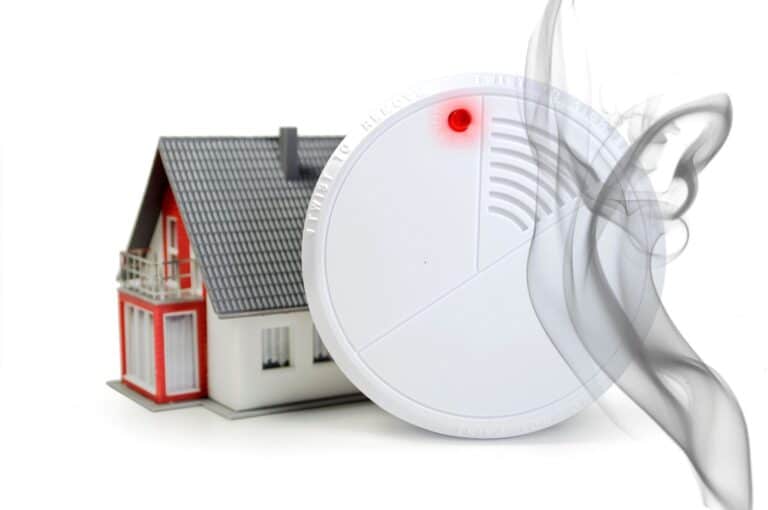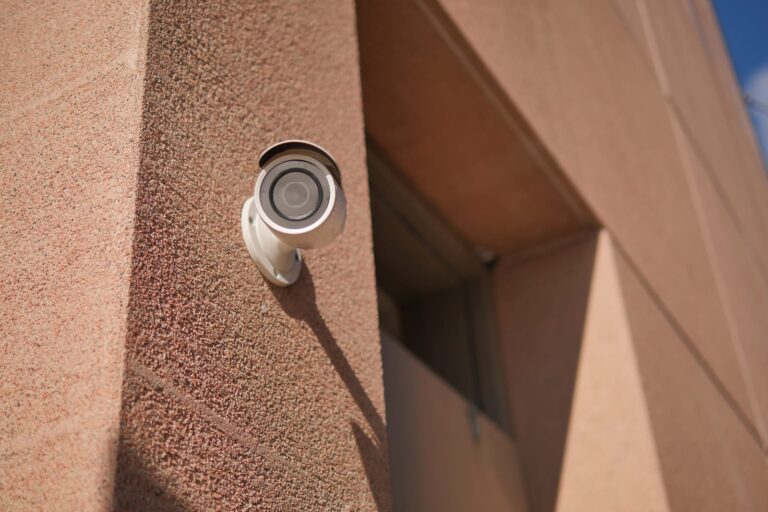Installing a hot water heater may seem like a manageable DIY project, but in Australia, and particularly in Canberra, it is illegal to do so without a licensed professional. From safety hazards to legal trouble, there are many reasons why this job is best left to the experts. Here’s why working with a qualified Canberra plumbing professional is not only the right choice but also a legal requirement.
1. Safety and Health Risks
A hot water heater installation involves working with electricity, gas, and pressurised water, each presenting its own serious dangers. Attempting a DIY installation without the correct knowledge or training can result in leaks, electric shocks, carbon monoxide poisoning, or even fires. These aren’t minor mistakes; they can cause significant harm to you and your family.
Canberra plumbing professionals are trained to manage these risks safely and effectively. By hiring a licensed expert, you can be confident that the installation meets all safety standards and won’t put your household at risk.
2. Legal and Financial Consequences
In Australia, including the ACT, it is illegal to install a hot water system without being properly licensed. The consequences for ignoring this law can be severe. Homeowners may face substantial fines or even legal prosecution if the work is found to be non-compliant.
Insurance providers often void home insurance policies if unlicensed work is discovered, which can leave you out of pocket should anything go wrong. Moreover, non-compliant installations can make it difficult or even impossible to sell your property later, as building reports and legal checks will quickly uncover any unlicensed work. Engaging a licensed Canberra plumbing specialist ensures your installation is both legal and insurable.
3. Environmental Impact
Poorly installed hot water systems can lead to water waste, higher energy use, and damage to the environment. In Canberra and surrounding areas, where sustainable living is increasingly important, this can be a big problem. Systems that aren’t set up correctly often heat water inefficiently or allow hot water to leak, leading to unnecessary energy consumption.
By hiring a licensed Canberra plumbing professional, you ensure that your system is properly installed for maximum efficiency and minimum waste, aligning with both your environmental values and local compliance standards.
4. Importance of Plumbing Consent
In the ACT, plumbing work often requires consent or permits, especially if you are adding or relocating fixtures, such as in a bathroom renovation. While minor repairs may not need council involvement, any structural changes, like installing a new hot water heater , must be approved.
Canberra plumbing professionals understand the local regulatory environment and can guide you through the necessary approvals. They handle the paperwork and inspections, making sure your project stays on track and on the right side of the law.

5. Warranty Concerns
Most hot water heater manufacturers offer warranties that are valid only if the product is installed by a licensed professional. This clause is in place to ensure the product operates safely and efficiently under recommended conditions. If you install the unit yourself and something goes wrong, you’ll likely be left footing the bill.
Using a certified Canberra plumbing service ensures your warranty remains intact, offering you long-term protection and peace of mind.
6. Lack of Expertise and Training
Installing a hot water heater isn’t as straightforward as it may seem. It requires a deep understanding of plumbing layouts, electrical wiring, and gas fitting. These skills take years to master, and licensed professionals are required to undergo formal training, certification, and ongoing education to stay current with regulations.
Without this expertise, even a small mistake during installation can cause significant damage. Leaks, burst pipes, electrical issues, and faulty gas connections are all common results of DIY attempts. Working with a Canberra plumbing expert guarantees the job is done properly the first time.
7. Building Code Compliance
Australia’s National Construction Code (NCC) and ACT-specific regulations are in place to ensure that all plumbing work meets strict safety and quality standards. Hot water systems must be installed to comply with these codes, and failure to do so can lead to mandatory rework, penalties, or system shutdowns.
Canberra plumbing professionals are well-versed in these codes and understand how to navigate them. When you hire a licensed tradesperson, you ensure your installation passes inspection and avoids any compliance issues down the line.

8. Future Maintenance and Repairs
When a hot water system is installed by a licensed professional, it often comes with a workmanship guarantee or service agreement. If any issues arise later, you’ll have a direct point of contact who can make repairs quickly and efficiently.
On the other hand, a DIY installation leaves you without any professional support. If something goes wrong, you’ll need to hire someone to inspect and likely redo the work, often at a much higher cost. With Canberra plumbing experts, you’re investing not just in an installation, but in reliable support for years to come.
In Conclusion
Across Australia, and particularly in Canberra, installing a hot water heater yourself is not only risky but illegal. The laws exist for good reason: to protect your home, your family, and the wider community from unsafe, inefficient, or non-compliant systems.
Choosing to work with a qualified Canberra plumbing professional ensures that your installation meets all legal and technical requirements, remains under warranty, and provides safe, energy-efficient performance. Don’t risk your safety, insurance, or property value, leave hot water installations to the experts.l standards and building codes. Choosing expertise over shortcuts is a legal requirement and a responsible decision that can save you time, money, and future headaches.




